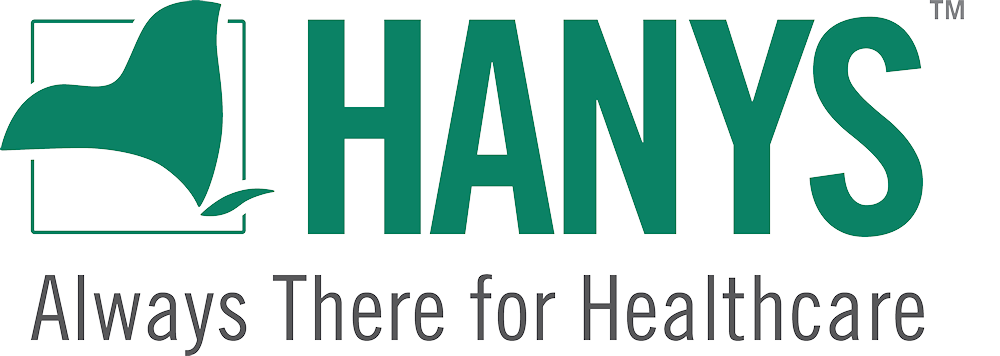
NYC Health + Hospitals/Elmhurst fosters diabetes control and management
Poor diabetes control increases the risk of further health complications and cost burdens for patients and providers. Resource-limited and minority populations are at higher risk due to a variety of social determinants of health such as poverty, illiteracy and a lack of access to medications and quality healthcare. In 2021, NYC Health + Hospitals/Elmhurst identified that its diabetes patients with a poor HgbA1c control rate were struggling to control it using standard education and medication treatment.
The majority of Elmhurst’s basic educational materials reflected the standard Western diet and were written at an advanced literacy level. Patients had difficulty understanding the material after leaving the clinic and were uninterested in adopting a Western diet. In response, Elmhurst created teaching materials written at a lower literacy level and translated them into its patients’ preferred languages (Bengali, Spanish, Nepali). The hospital also provided alternative nutritional suggestions that complemented foods within patients’ cultures.
This initiative supports the New York State Prevention Agenda priority area for preventing chronic disease; specifically, decreasing the percentage of adults with diabetes whose most recent HgbA1c level indicated poor control.
The hospital found that working with patients and family members on education and nutritional adjustments made it easier for patients to follow the appropriate nutritional guidance while maintaining a satisfying cultural diet. Partnering with the city and local organizations to promote healthy eating options and access to food was key. Elmhurst’s collaborative care for diabetes continues to connect patients with food pantries and other local organizations that provide access to healthy foods.
For diabetic patients who need to get into or stay in control of their disease, Elmhurst hired clinical pharmacists and community health workers to further improvements, such as medication adjustments, navigating social determinant gaps and supporting patients with food insecurities.
As of December 2021, Elmhurst’s adult primary care diabetic population had a diabetes control rate of 67% (A1C<8%), an improvement of more than 11% from March 2021’s baseline of 56%. Insurance-based inequity was reduced from a 4% control rate gap in March 2021 to a 2% control rate gap in December 2021.
For more information, contact Michelle Lam, associate director, at 718.334.3603 or lamm4@nychhc.org.